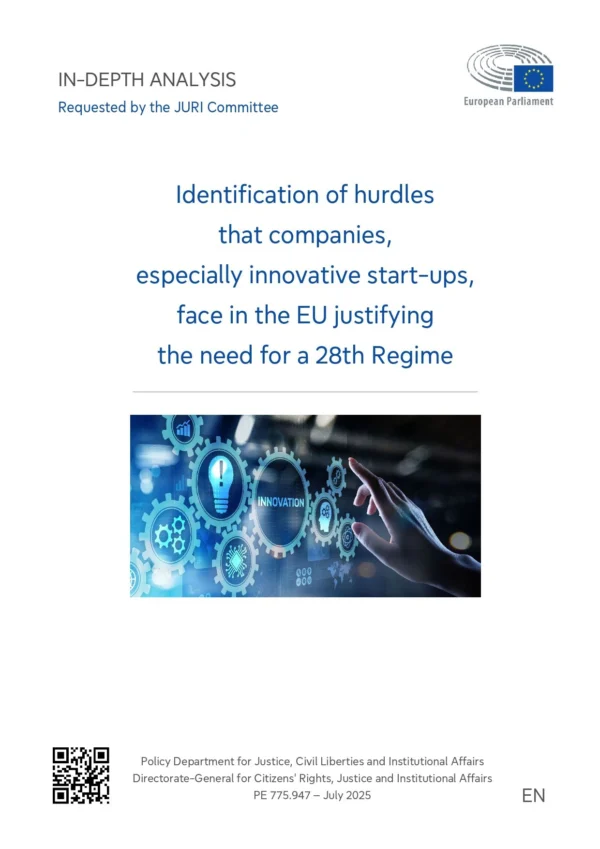A more pronounced and strategic European pharmaceutical industry strategy, in all its dimensions, should be the response to the current health crisis the EU – and the world – finds itself in. The EU Commission has reacted in several ways, with the structured dialogue and the pharmaceutical, trade and industrial strategies. But more needs to be – and can be – done. The current response is too fragmented, piecemeal, and uncoordinated. It does not keep Europe’s long-term global competitive position sufficiently in mind, let alone the health condition of European citizens. It also undermines the EU’s objective of being the global champion of sustainable development and well-being. Better understanding and coordination between the different elements is required, as well as a clear prioritisation of industry and its research initiatives. This is also important in the context of the European Commission’s objective of Open Strategic Autonomy. It requires a deep understanding of the nature of R&D in medicinal products, of what drives competitiveness and how global value chains in the pharmaceutical industry work, and how these relate to healthcare policy and a healthier European society. The recommendations formulated by the Working Group address the current revisions of the EU’s institutional and governance framework in public health: the upgrade of the European Medicines Agency (EMA), the European Centre for Disease Prevention and Control (ECDC) and the setting up of a new preparedness agency, the European Health Emergency Response Authority (HERA). The recommendations also address the need to boost spending on the healthcare and pharmaceutical framework and streamline existing initiatives by developing a more strategic view and strengthening the governance of public-private partnerships (PPPs). Finally, the report presents a proposal for a targeted Treaty amendment to strengthen the EU’s competence for pandemic and health-crisis preparedness.
0

More CEPS Publications
12 Published Publications
Related Publications
Browse through the list of related publications.












